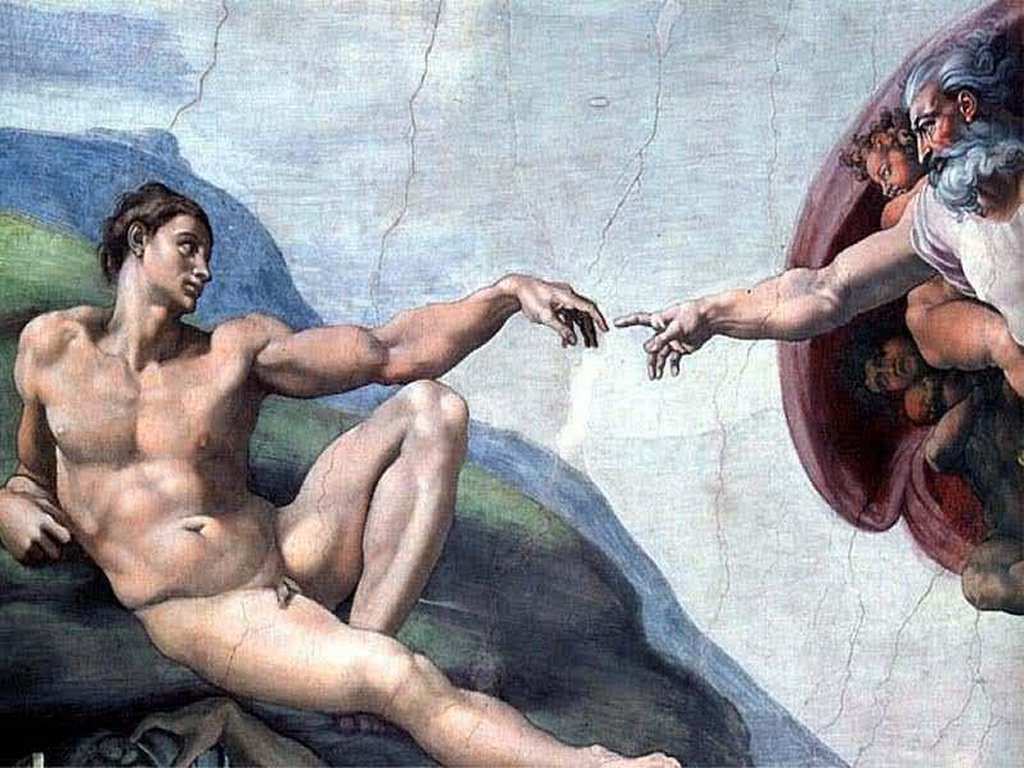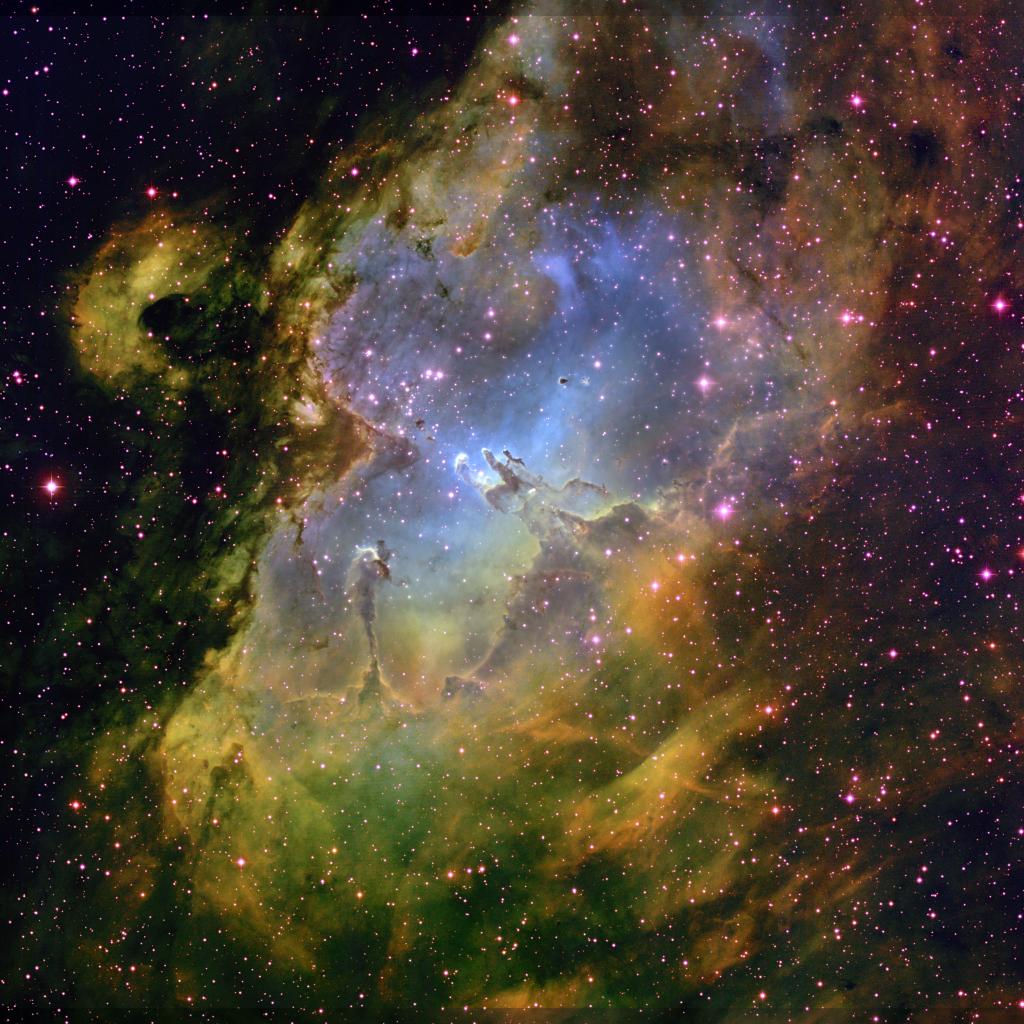In the last two steps I have departed significantly from Fr. Spitzer’s proof for the existence of God. This step, however, will closely follow the last part of his argument. In this final step, we will show that there exists a creator of all that is, and that this creator is infinite, immutable, unbounded by the laws of physics, eternal, absolutely simple, and unique.
First, some definitions:
4.1 “’Creation’ means the ultimate fulfillment of a conditioned reality’s conditions.” (Spitzer 140)
4.2 “Ultimate fulfillment” means the fulfillment of a reality’s conditions that does not itself depend on some further condition. Ultimate fulfillment may be distinguished from proximate fulfillment, in which a reality fulfills a condition in such a way that it depends upon some further condition.
4.3 “’Creator’ means the source (power or act) which ultimately fulfills a conditioned reality’s conditions.” (Spitzer 140.)


